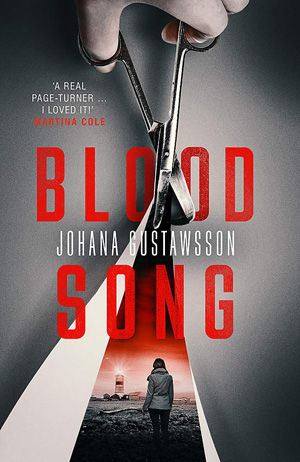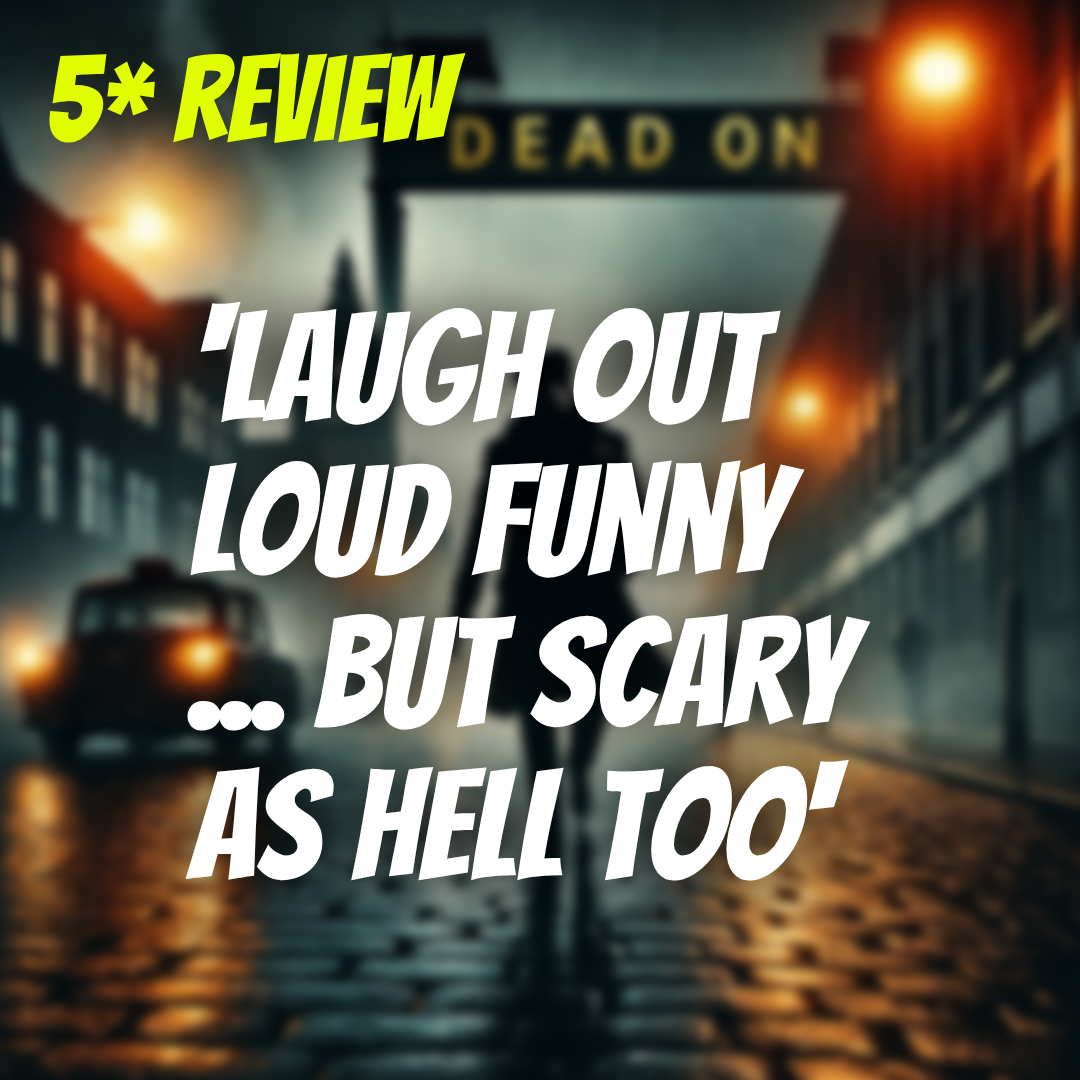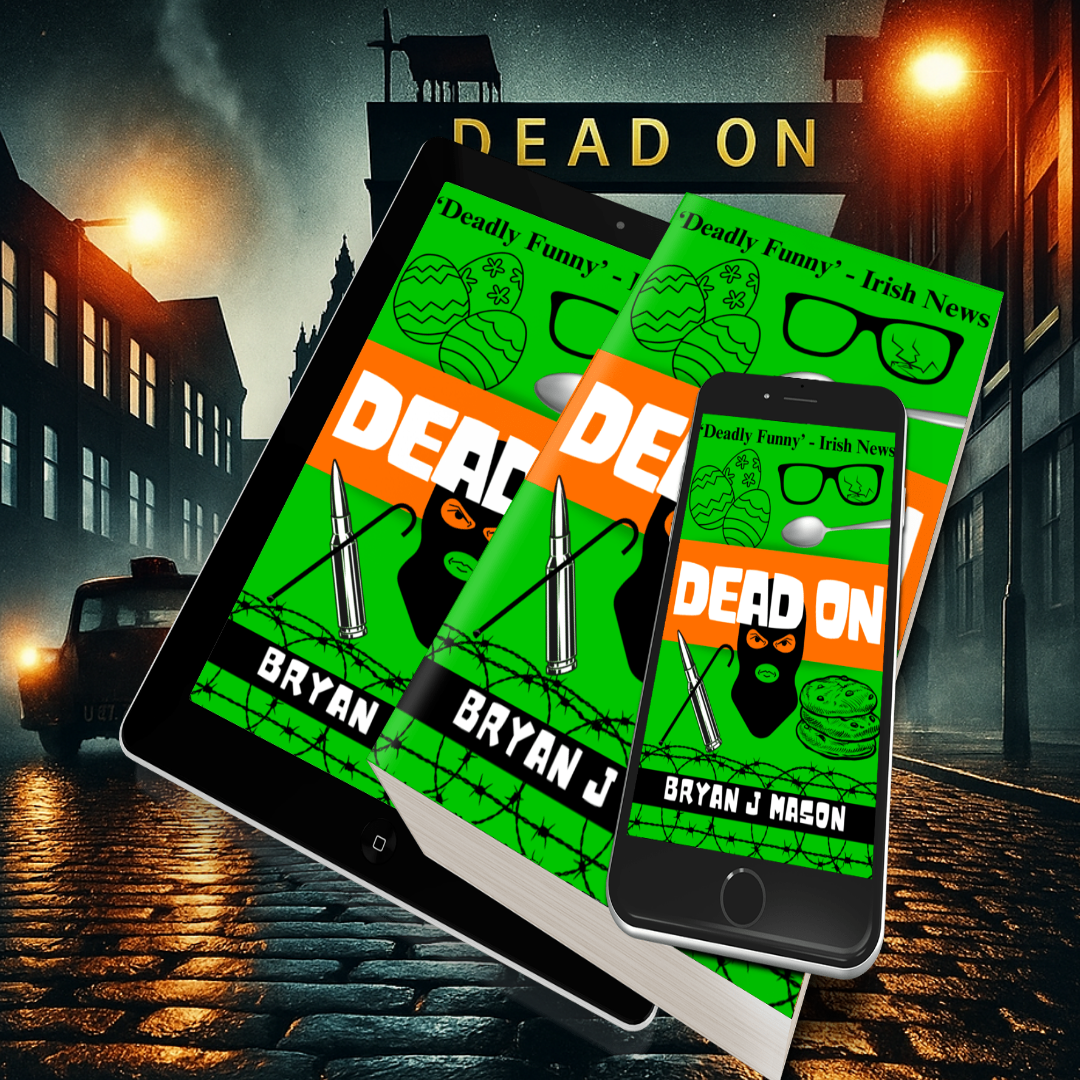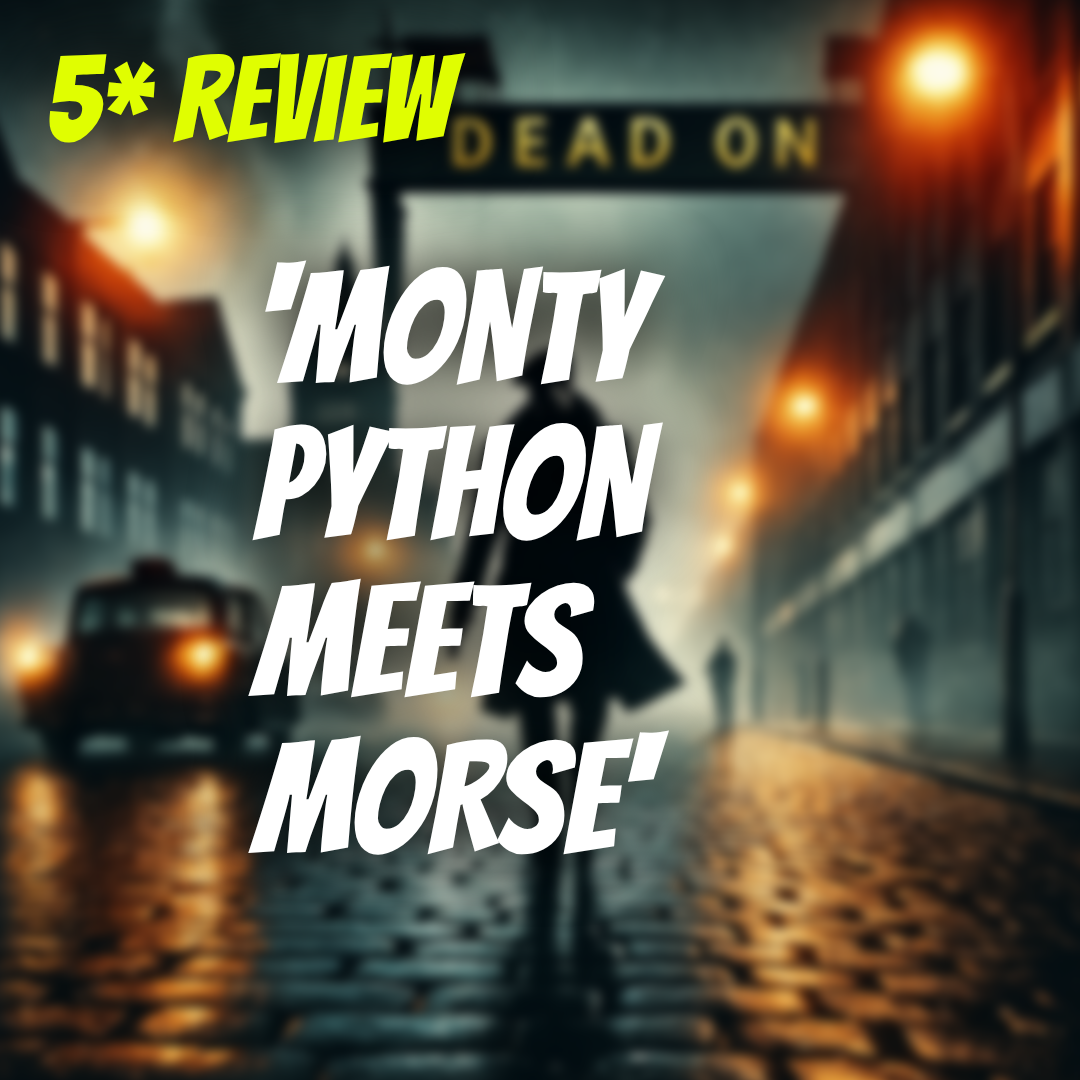
Translated by David Warriner — Kerstin, Götan and Louise Lindbergh are viciously murdered and their tongues cut out in their home in Falkenberg, Sweden. In London the youngest of the family, Aliénor Lindbergh, is a new police recruit being mentored by profiler Emily Roy, when she hears the news of her family’s murders and socially inept yet brilliantly intelligent behavioural analyst Roy can’t help but try to find out what happened to Aliénor’s family and why.
As in Block 46 and Keeper, the two previous novels in French author Gustawsson’s series, Emily is joined by crime writer Alexis Castells. Alexis is on the verge of getting married to Stellan Eklund, son of Kommisionar Lennart Bergstrom – Emily’s boss. Even though she’s in the midst of arranging her wedding, Alexis too is drawn into the investigation.
The search for the Lindbergh’s killers takes Emily and Alexis from Sweden to Spain, and with the assistance of journalist Vicente Guordiola the duo unearth a history of murders with roots in General Franco’s regime in 1930s Spain and the cruel and inhumane treatment of children in an orphanage in Madrid.
Blood Song’s split story line deals with the recent murders on the one hand while chronicling the ravaging effects of the Spanish Civil War on women and children during Franco’s reign. What’s the link? Well the author keeps us guessing for much of the novel but it’s the addition of historical detail that gives the narrative some meat while at the same time providing an extra layer of complexity.
During the Spanish Civl War, 150,000 people were executed by Franco’s army, with a further 300,000 imprisoned. One of the prisoners is Therese, who witnesses the murder of her family and is then sent off to the infamous Las Ventas women’s prison. Mothers were allowed to keep children up to the age of three – if they managed to survive malnourishment, lack of proper hygiene and disease. In these conditions Therese gives birth to a daughter, Gordi, who survives and is later shipped off to La Virgen de los Desamparados, an orphanage where conditions are just as bad.
There, Gordi and close friends Reme, Dulce and sisters Launa and Lados are subjected to frequent, horrific violence and sexual abuse by those who are supposed to protect them. A shocking incident leads to the death of one of the children at the hands of Sister Fernandez, after which both she and head of the orphanage, Father Murillo, quietly disappear. At times Blood Song is an unsettling read. If you find it difficult to read descriptions of the extreme abuse of women and children, you might find the parts about the orphanage hard to digest.
Back in present day Madrid, Emily and Alexis discover some cold case murders with the same modus operandi as the Lindberg killings – the victims viciously stabbed and their tongues cut out. Their investigation points to La Virgen del Pilar, a fertility clinic, and murder victim Dr Burgos who was in turn connected to the Lindberghs. In spite of this new information, the pair still struggle to connect the dots.
Just like Emily and Alexis we are also being kept in the dark. The combination of multiple storylines and a plethora of characters distract and confuse the reader to such an extent that the revelation of the murderer and his motive will catch you completely off guard and hit you straight in the gut. It’s this unpredictability that makes Blood Song so good. Crime readers are generally not easily fooled and it takes a particularly adept writer to succeed in surprising you in a realistic way.
Not only does Gustawsson deliver a solid crime story with a killer twist, she also reminds us of the atrocities of Spain’s dictatorship and the 12 years of Fascist terror. For these two reasons Blood Song is well-worth the effort if you enjoy an intricate plot and a mind-boggling ending.
Also see Ben Pastor’s The Horseman’s Song, which takes place during the Spanish Civil War too.
Orenda Books
Print/Kindle
£3.79
CFL Rating: 5 Stars








